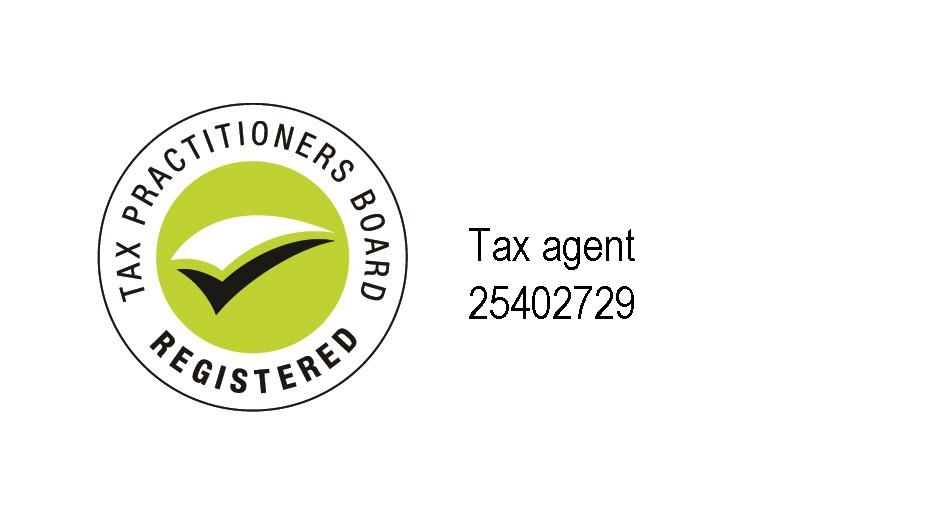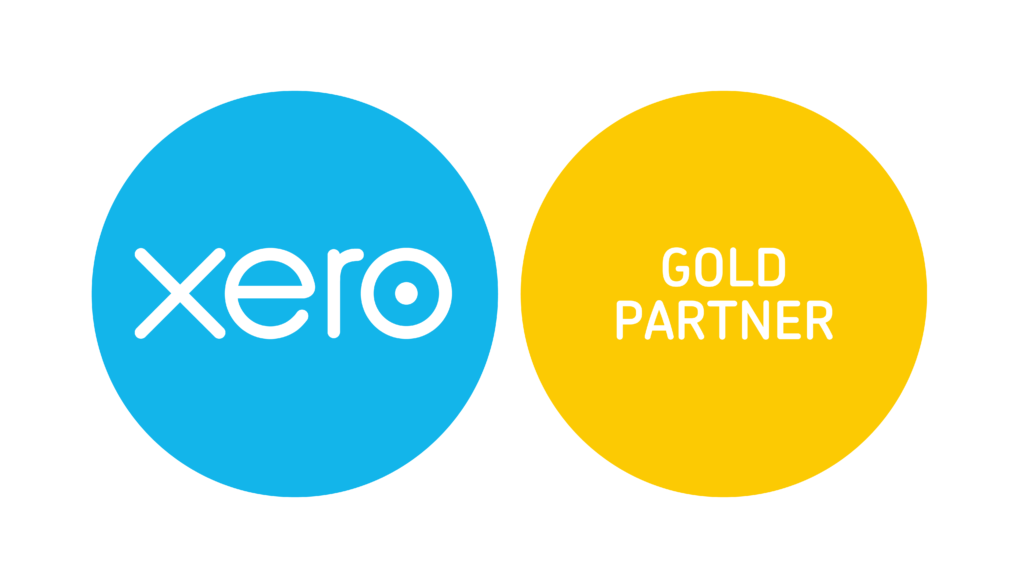Substantiation for Work-Related Car Expenses

With the end of financial year fast approaching, it is time to consider your claims and deductions.
If you are a superstar at record keeping, no doubt you have been filing receipts and invoices throughout the year, in preparation for the processing of your return. If not, it is really important to understand that you may be asked to provide supporting documentation to verify the amounts included in your tax return.
This month, we commence a 6-part series on deduction substantiation. Each week we will provide you with a list of items that the ATO can request when processing your return as a heads up for the future. Over the coming weeks we will cover the following deductions:
- Work-Related Car Expenses: Cents per Kilometer and Logbook Methods
- Work-Related Travel Expenses
- Meals and Accommodation
- Work-related clothing, laundry and dry-cleaning expenses
- Work-related self-education expenses
- Other Work-Related Expenses
Interest Deductions - Dividend Deductions
- Gifts and Donations
- Cost of Managing Tax Affairs
Substantiation
The ATO Commissioner has advised, “If a taxpayer relies on the exception from substantiation, they may still be required to show the basis for determining the amount of their claim, that the expense was actually incurred, and that it was for work-related purposes. What counts as evidence for a claim subject to the substantiation exception will vary according to individual circumstances and the nature of the expense.”

discussion on Dynamic Delivery in Startups. Watch the full panel discussion here.
Cents per Kilometre Method
If your claim is based upon travel you undertook for your employer, a letter from your employer (with a contact name and phone number) confirming you are required to use your car in the course of carrying out your employment duties
If you claimed a deduction for car expenses using the ‘cents per kilometre’ method, the ATO may request you provide the following substantiation:
- a record of how you worked out your business kilometers per car
- copies of the purchase or lease documents for your car
- copies of the car registration certificate or papers
- details of the business travel you undertook
during the income year – for example, you must provide
- purpose of the travel undertaken (client name, office location, time, reason for meeting)
- number of kilometres travelled for work-related purposes
Common issues with Cents per Kilometer Substantiation
The following are common issues the ATO encounter with ‘cents per kilometre’ claims:
- Claiming 5,000km without being able to show how you had travelled 5,000km
- Claiming more than 5,000km for a single vehicle in a single year
- Claiming for a car that you do not own
Work-Related Car Expenses – Logbook Method
If you claimed a deduction for car expenses using the ‘logbook’ method, the ATO may request that you provide the following substantiation:
- details of how your claim was calculated (a description of each item included in the claim and the amount claimed for each item)
- copies of the purchase or lease documents for your car
- the calculation for the decline in value (depreciation)
- copies of the car registration certificate or papers for the period you are claiming car expenses
- copies of your logbook and odometer records. The
logbook must contain the following data:
- when the logbook period begins and ends
- the car’s odometer readings at the start and end of the logbook period
- the total number of kilometres the car travelled during the logbook period
- the number of kilometres travelled for each
journey recorded in the logbook (if you made two or more journeys in a row on
the same day, you can record them as a single journey). You’ll need to record
the
- start and finishing times of the journey
- odometer readings at the start and end of the journey
- business kilometres travelled
- reason for the journey
- the business-use percentage for the logbook period
- the odometer readings at the start and end of each income year you use the logbook method.
- copies of original receipts for all car expenses claimed, except for fuel and oil receipts, if you have used odometer records to estimate your fuel and oil expenses
- if your claim is based upon travel you undertook for your employer, a letter from your employer (with a contact name and phone number) confirming you are required to use your car in the course of carrying out your employment duties.
Common Issues
The following are common issues encountered with logbook claims:
- A logbook has not been kept, or has not been kept correctly. You must have a logbook to use the logbook method, even if your business use was 100%, or your business use was a fixed pattern.
- Your usage of the vehicle has changed significantly since the logbook was kept. As a general rule, a change in the business or private usage of the vehicle that results in the distance the car travels per week changing by more than 10% is considered a significant change.
- The number of cars you used for work changed, or you used multiple vehicles for work and did not keep concurrent logbooks.
- The opening and closing odometer readings for the period during the financial year the car was used for work have not been kept.
- The use of the car, both private and for work, during the 12 week logbook period is not representative of the use of the car throughout the year. A logbook may have to be kept for longer than 12 weeks if there is no regular pattern of use of the car.

discussion on Dynamic Delivery in Startups. Watch the full panel discussion here.
Motorcycles and One Tonners
The following information relates to expenses for motorcycles and vehicles with a carrying capacity of one tonne or more, or nine or more passengers such as utility trucks and panel vans.
The ATO will request that you provide ALL of the following:
- receipts for your actual expenses (including fuel and oil costs) – bank statements and credit card transaction receipts are not sufficient evidence for fuel and oil purchases, you must keep your actual receipts
- a diary to record how much of your expenses are for work purposes (if you use your vehicle for both work and private purposes)
- the purchase or lease documents for your vehicle
- the vehicle registration certificate/papers
- a letter from your employer (with a contact name and telephone number), confirming how you use the vehicle in the course of carrying out your employment duties
If you borrow a car that is owned or leased by someone else, you may be able to claim costs incurred if you use the car for your work as an employee. These expenses include petrol, repair and maintenance costs.
The following information relates to actual expenses for a car that is owned or leased by someone else.
The ATO may request that you provide ALL of the following:
- receipts for your actual expenses (including petrol, repair and maintenance costs) – bank statements and credit card transaction receipts are not sufficient evidence for these purchases, you need to keep your actual receipts
- a letter from your employer (with a contact name and telephone number), confirming you are required to use your vehicle in the course of carrying out your employment duties.
DriversNote
If you need help managing the logbook method, take a look at Driversnote. The app will help you automate your mileage documentation quickly and easily by recording your car trips using your phones GPS, capturing work related data using a simple input screen and producing mileage reports. This app is available for both iOS and Android.
If you have any questions or need advice and clarity specific to your business, feel free to contact Semmens & Co on 03 8320 0320 for a free consultation.







